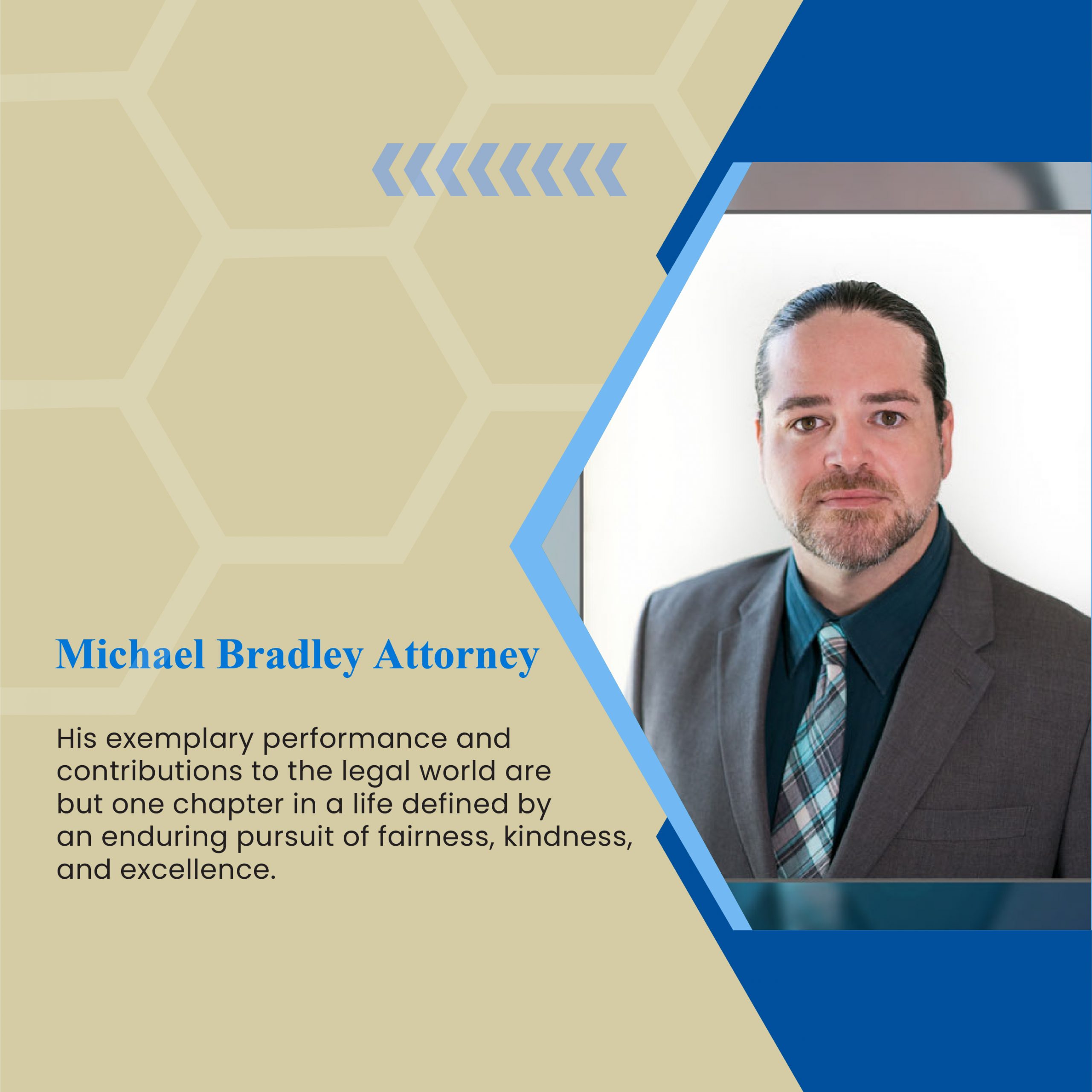
Probation serves as an alternative to incarceration, offering individuals a chance to rebuild their lives while under supervision. However, the journey through probation has its challenges. In this article, we delve into common pitfalls associated with probation and provide insights on overcoming these challenges, empowering individuals to master the path to success in their pursuit of rehabilitation.
The Basics of Probation
Before delving into the potential pitfalls, it’s essential to understand the fundamentals of probation. Probation is a court-ordered period during which individuals serve their sentences within the community under the supervision of a probation officer.
Conditions of Probation
Probation comes with specific conditions tailored to individual cases. These may include regular check-ins with a probation officer, adherence to curfews, participation in rehabilitative programs, and, in some cases, restrictions on travel or association with specific individuals.
Rehabilitation Focus
Unlike incarceration, probation emphasizes rehabilitation and reintegration into society. Individuals on probation have an opportunity to address underlying issues contributing to their legal troubles and work toward positive change.
Common Probation Pitfalls
Understanding the challenges associated with probation is crucial for individuals aiming to complete their supervised period successfully. Some common pitfalls include:
Non-Compliance with Conditions
Failure to comply with the conditions of probation, whether intentional or unintentional, can lead to severe consequences. Missed appointments, failure to attend mandated programs or positive drug tests are examples of non-compliance.
Employment and Financial Struggles
Stable employment is often a condition of probation, but securing and maintaining a job can be challenging. Financial struggles may arise, affecting an individual’s ability to meet restitution obligations or participate in required programs.
Substance Abuse Issues
Probation often includes restrictions on drug and alcohol use, and individuals struggling with substance abuse may find it challenging to remain sober. Positive drug tests can result in escalated supervision or, in some cases, revocation of probation.
Lack of Support System
A lack of a supportive network can contribute to probation challenges. Emotional support, mentorship, and a stable living environment are crucial for individuals navigating the complexities of probation.
Strategies for Overcoming Probation Pitfalls
Overcoming probation pitfalls requires a proactive approach, resilience, and a commitment to personal growth. Here are strategies to navigate everyday challenges:
Open Communication with the Probation Officer
Maintaining open communication with a probation officer is paramount. If challenges arise, addressing them early and honestly can lead to collaborative problem-solving and potentially prevent more severe consequences.
Employment Assistance Programs
Seeking support from employment assistance programs, job placement services, and community organizations can enhance the chances of securing and maintaining stable employment during probation. These programs often cater to individuals with legal histories.
Substance Abuse Treatment
For those grappling with substance abuse issues, engaging in substance abuse treatment programs is crucial. Probation often provides access to counseling and rehabilitation services that support individuals in achieving and maintaining sobriety.
Building a Support Network
Building a solid support network is critical to overcoming probation challenges. This may involve seeking support from family, friends, mentors, or community organizations that specialize in assisting individuals on probation.
Personal Development and Education
Probation provides an opportunity for personal development and education. Engaging in educational programs, skill-building courses, or pursuing further qualifications can enhance an individual’s prospects for employment and contribute to positive life changes.
Educational Programs
Enrolling in educational programs, whether to complete a high school diploma or pursue higher education, can open doors to better employment opportunities and personal development. Many communities offer resources to support educational goals.
Skill-Building Initiatives
Participating in skill-building initiatives, such as vocational training or workshops, can enhance employability and contribute to a sense of purpose. Learning new skills can be instrumental in building a foundation for success beyond probation.
Celebrating Milestones and Progress
Recognizing and celebrating personal milestones and progress is crucial for maintaining motivation and resilience. Small victories, such as completing a rehabilitation program or securing steady employment, contribute to a positive mindset.
Goal Setting
Setting realistic and achievable goals is a powerful tool for individuals on probation. These goals may include milestones in employment, education, or personal development. Celebrating each accomplishment fosters a sense of achievement and progress.
Positive Mindset and Self-Care
Maintaining a positive mindset and prioritizing self-care are integral aspects of overcoming probation challenges. This may involve practicing mindfulness, seeking counseling, and engaging in activities that promote overall well-being.
Probation, while presenting its challenges, offers a transformative journey toward rehabilitation and a second chance. Navigating these pitfalls requires a combination of open communication, proactive strategies, and a commitment to personal growth. By understanding common challenges such as non-compliance, employment struggles, substance abuse issues, and the importance of a support network, individuals on probation can master the path to success. Through a focus on personal development, education, and celebrating progress, individuals can navigate the complexities of probation, emerging more robust and resilient as they move towards a future beyond the constraints of the legal system.